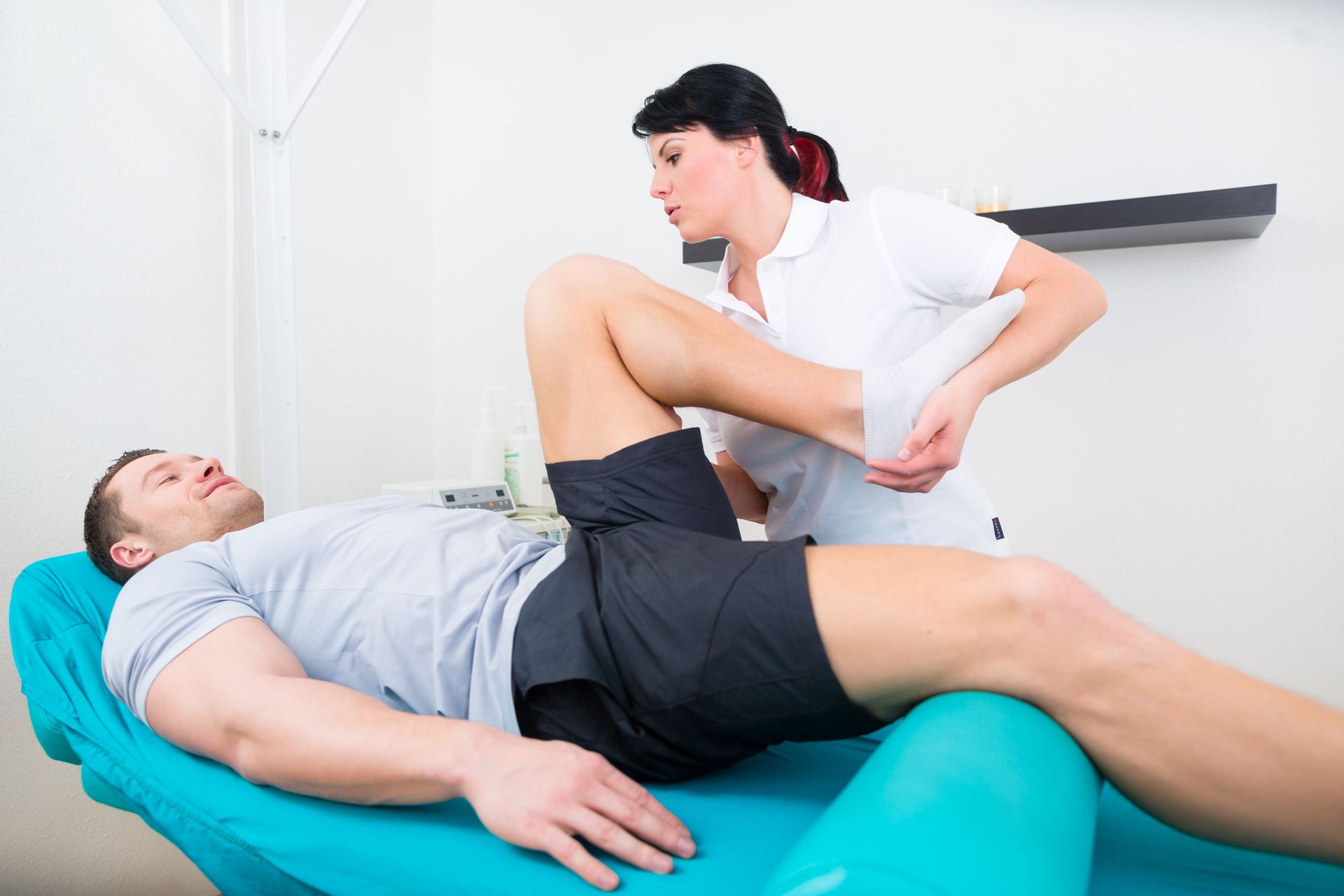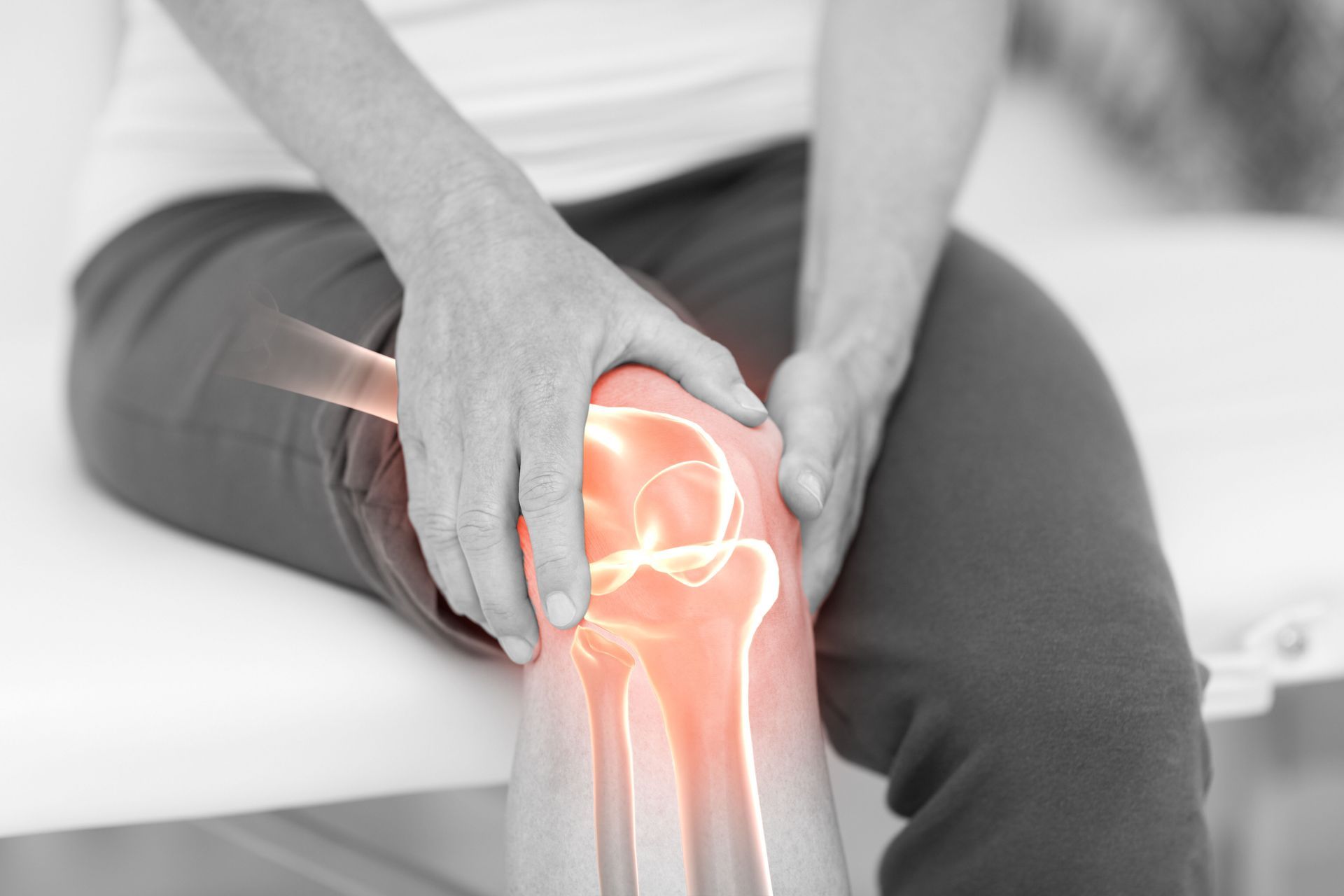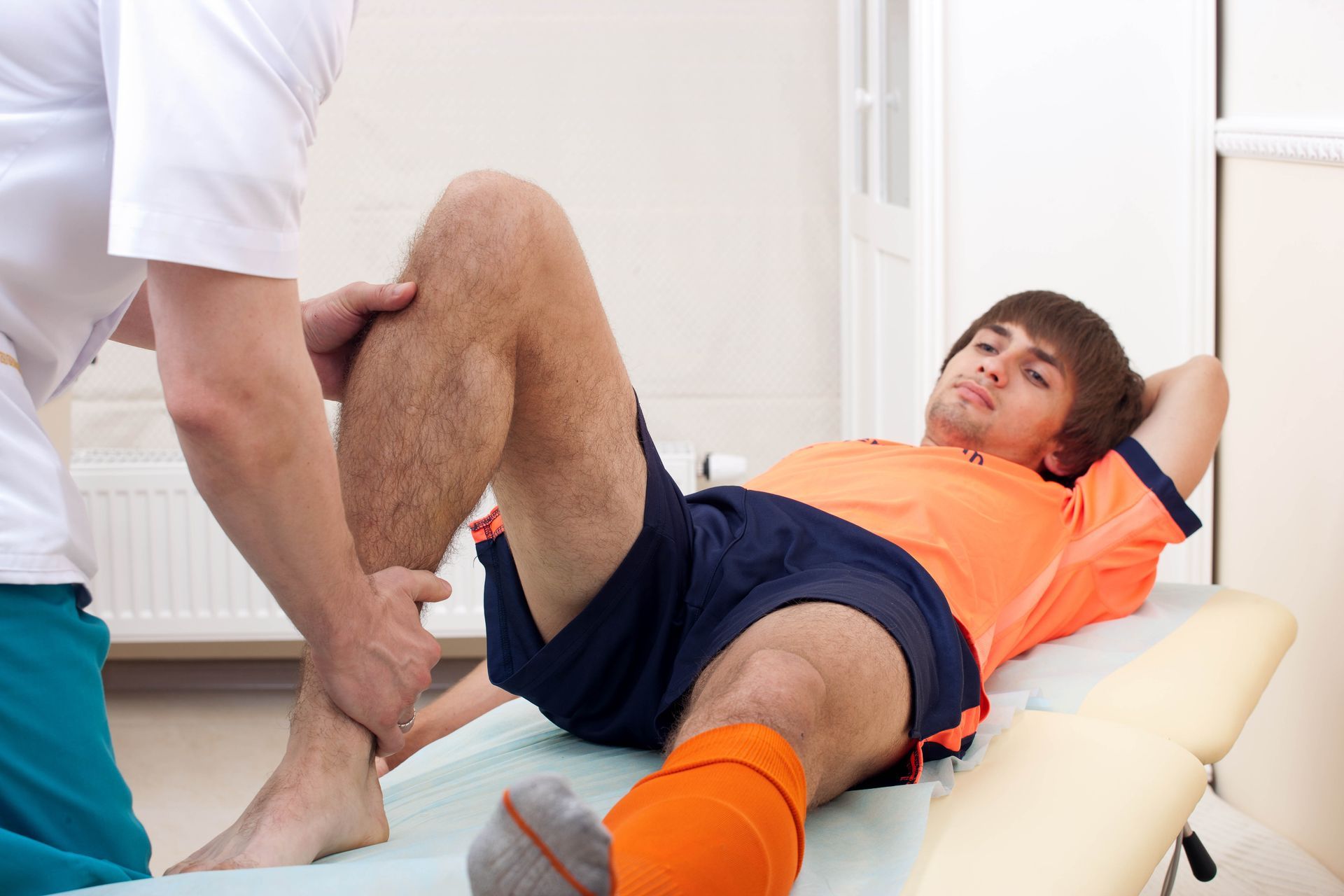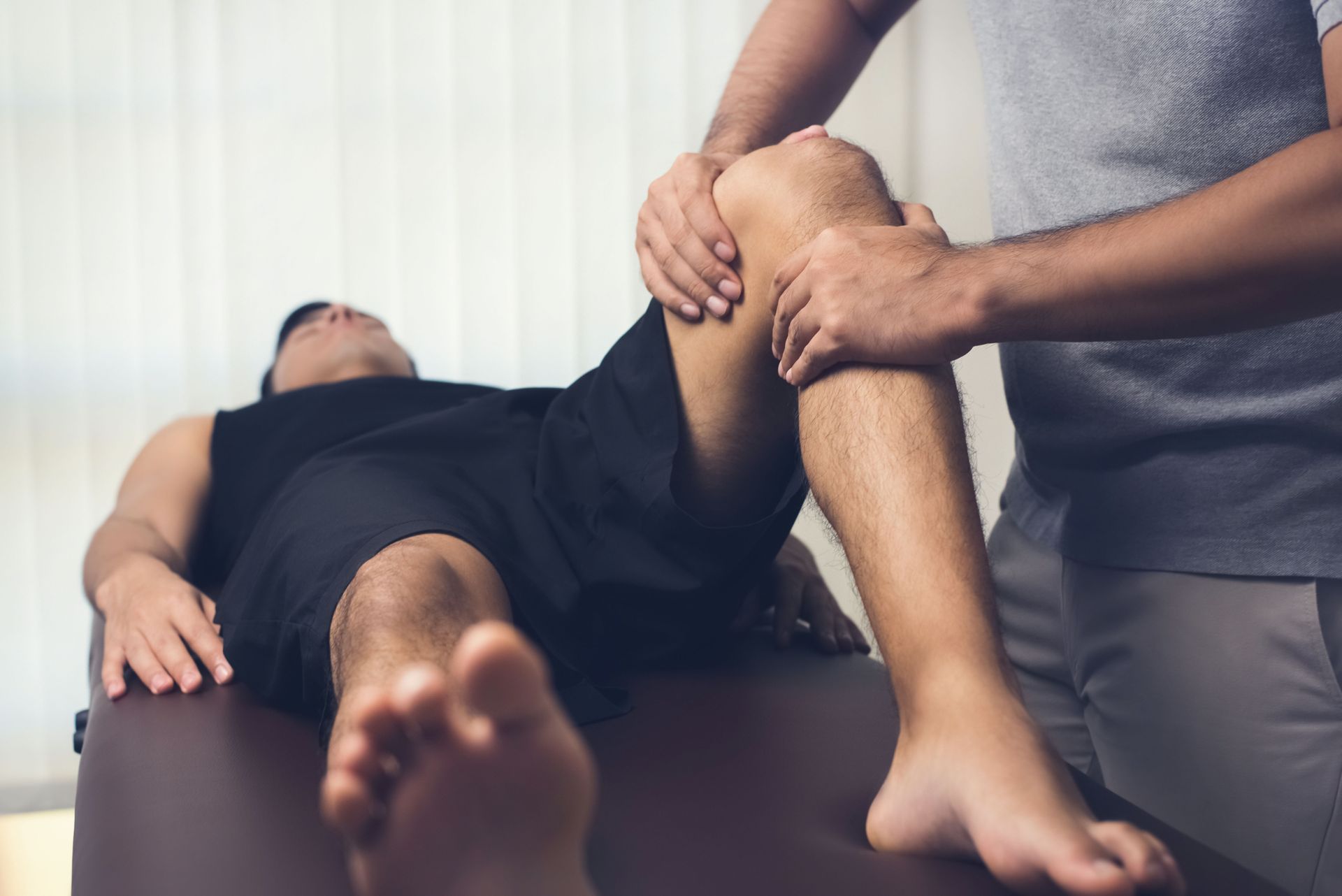How Physical Therapy Can Improve Mobility
By Megan Onofray | January 27, 2023
If you struggle with walking or other physical tasks, physical therapy can play a critical role in helping you improve your mobility. With a history dating back to around 400 BC in Europe, according to PubMed, physical therapy has been used for millennia. The methods physical therapists employ continue to improve over time as medical science advances, and we continue to learn more about how the human body works. If your doctor has recommended that you undergo physical therapy to improve your mobility, you may be wondering exactly how you can benefit from this type of treatment.
Mobility issues usually stem from one of four root causes: poor posture, poor leg strength, weak core muscles, or problems with the sensory system. A physical therapist can help you determine which of these problems is affecting your movement and tailor your treatment plan to your specific needs. Here's how physical therapy can help improve mobility issues caused by each of these four factors.
Poor Posture
When your posture is bad, your whole body adjusts to compensate for the incorrect positioning of your spine. This can lead to a variety of health issues that affect several different parts of the body, and in addition to experiencing aches and pains, your mobility may dwindle over time. While it is possible to correct poor posture, it's a difficult habit to break, and you may need a physical therapist to assist you in achieving this goal. In physical therapy, you'll learn stretches and exercises that can help get you in the habit of positioning your body correctly. The more frequently you do these activities, the more naturally good posture will come, and the more your mobility will improve.
Poor Leg Strength
A proper gait involves stepping, landing on one foot, rolling over that foot, and lifting the foot off the ground again. If you've recently sustained a leg injury or had surgery, you may struggle to complete this cycle correctly due to weakness or tightness in your leg muscles. In addition to slowing your walking speed, a poor gait can increase your risk of falling and hurting yourself, so it's important to correct this issue to the best of your ability. A physical therapist can help you do simple exercises to strengthen your legs and regain your range of motion. They can also recommend any mobility aids that you may need as you get used to walking again, such as crutches, walkers, or canes.
Weak Core Muscles
Your legs aren't the only part of your body that affect your mobility. Your core is your body's center of balance, and it plays a major role in supporting all of your other muscles. If it's too weak, you may experience difficulty walking or performing other daily tasks. It's especially important to keep your core in good shape as you age, as this part of your body naturally becomes weaker over time. The core exercises you learn in physical therapy will help you achieve a better sense of balance and improve your overall quality of life.
Problems With the Sensory System
Your body's sensory system is made of three key parts: your vision; your vestibular system, which is located in the inner ear; and your skin, joints, and muscles. All of these parts work together to tell your brain how to interpret the world around you, and if any of them aren't functioning as you're used to, it can cause you to feel dizzy and negatively impact your sense of balance. Physical therapy can help restore the connections between your sensory system and your brain, making it easier for you to do physical activities.
Regardless of the underlying reason behind your mobility issues, physical therapy can help you regain your ability to walk, dance, play sports, and do all other kinds of physical activities. When you visit a physical therapist, they'll help you narrow down the cause of your problem and find strategies to improve your body's function and lessen any pain or discomfort you may be feeling. If you struggle with mobility and are looking for a solution, Onofray Physical Therapy can provide you with the specialized treatment that you need. Contact us today to learn more about how you can benefit from our physical therapy. We look forward to hearing from you!










